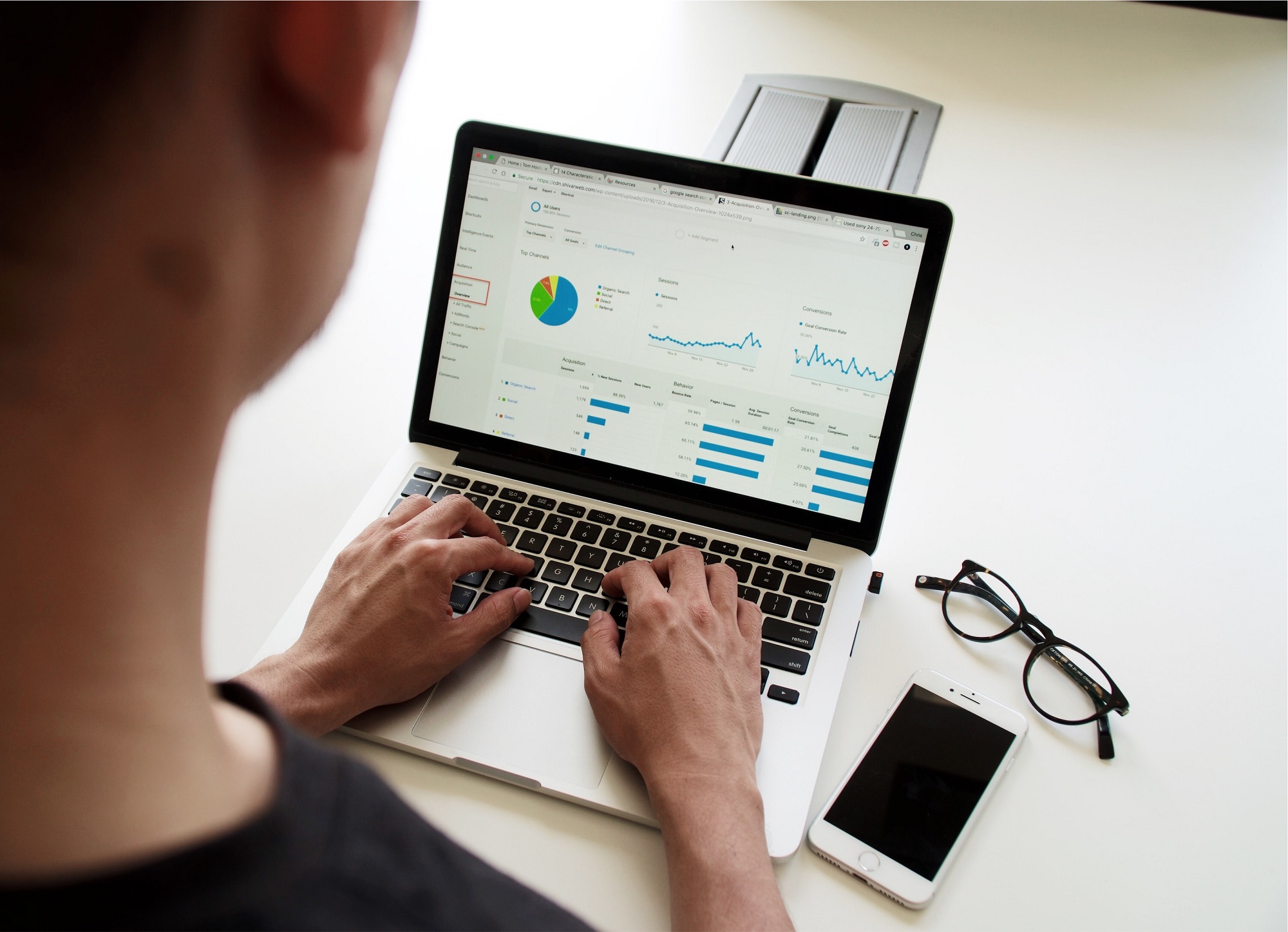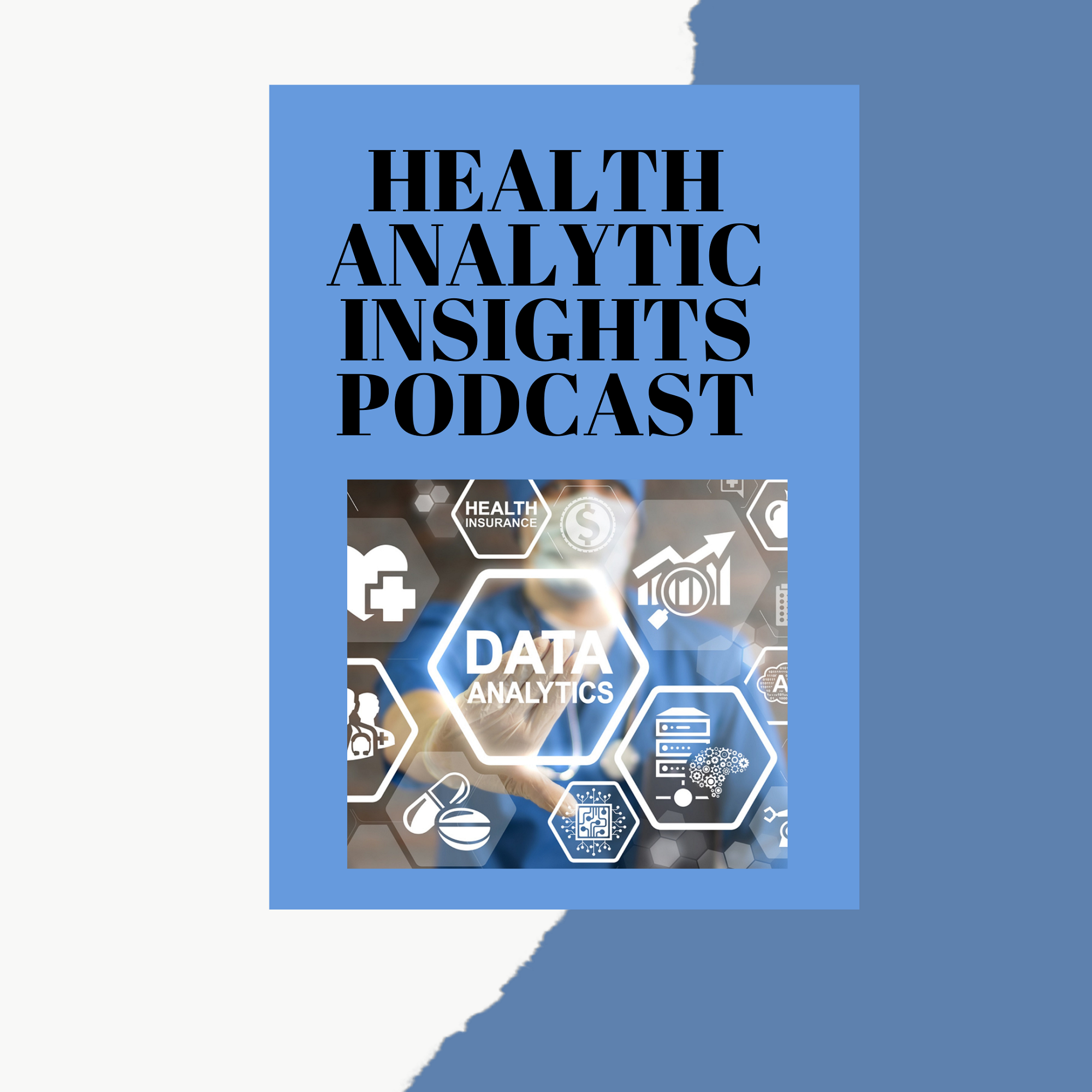There are many definitions of healthcare analytics out there, healthcare analytics can be described as the use of software tools and healthcare advisors to investigate clinical trends. Some have classified it as the intersection between business intelligence, data visualization and healthcare.
This field seems to be on the rise, one market report predicted with the widespread digitization of the healthcare analytics field, this is resulting in rapid growth of the market, which is estimated to grow from around 11.5 billion USD in 2019 to around 40.8 billion USD by the end of 2025. This figure was sourced prior to the pandemic.
We can see this in our daily lives, how quickly telemedicine has developed as a result of the COVID-19 pandemic, like many, I had my first virtual doctor’s appointment this year.
Furthermore in parallel with the boom of data science, impacting the financial, hospitality and many other industries, there is going to be a trickle down effect when it comes to the healthcare industry. There is huge amount of data which is stored on a daily basis in hospitals and other healthcare organizations, it’s a waste to not use this data to improve patient and organizational outcomes. This is why I believe healthcare analytics is such an important and necessary field.
The adoption of this field is on the rise but what are the career prospects for people interested in working in healthcare analytics today? In this post below I will outline some interesting job titles you can look for on Indeed or LinkedIn, if you’re interested in breaking into this field.
1. Clinical or Health Analyst
The specific job duties of a clinical or health analyst could fall under:
1) Extracting and analyzing massive amounts of clinical data from large healthcare databases.
2) Brainstorming data-driven metrics to monitor hospital operations.
3) Developing data privacy and data governance specific documentation for your healthcare organization
4) Developing reports and dashboards to display short and long-term trends within hospital operations and systems.
A clinical or healthcare analyst could work in several different industries such as; private or public hospitals in the decision support or research departments, healthcare insurance companies and government healthcare departments
Some of the skills suggested for this role include
1)Knowledge of SQL, the ability to extract large quantities of data from a datawarehouse
2) Strong data visualization and communication skills
3) Skills using SAS, R or Python for data analytics
4) Exposure and understanding of clinical terminology
5) Degree in health informatics or similar qualifications
2. Biostatistician or Medical Data Scientist
The role of a biostatistician or medical data scientist is a role that is quite quantitative in nature, the specific job duties could fall under:
1) Designing and reporting on clinical trials
2) Applying statistical methodology to clinical data
3) Analyzing healthcare trends
4) Designing machine learning algorithms to solve healthcare problems
Again a biostatistician or medical data scientist can work in several different industries such as; government organizations, pharmaceutical companies and public health research organizations.
Some of the skills suggested for this role include:
1) Strong understanding of biostatistical concepts (i.e. clinical survey design)
2) Knowledge of R and Python
3) Knowledge of designing predictive machine learning models (i.e. breast cancer prediction model for women who are high risk, predicting patients who are at risk for hospital readmission)
4) Exposure and understanding of clinical terms
I hope you have a good overview of what healthcare analytics is, the projected growth rate and some careers that you can start today. Check out the Health Analytic Insights Podcast for more content like this 😀
0 Comments